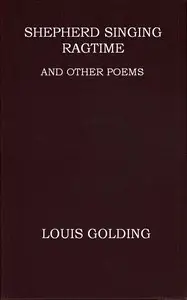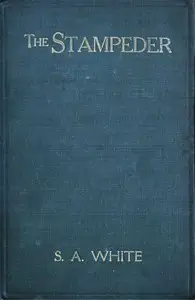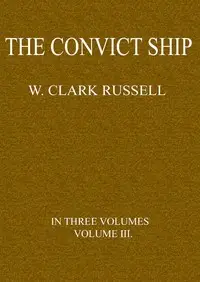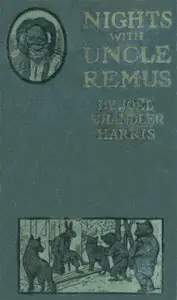"The Southern Case for School Segregation" by James Jackson Kilpatrick is an extended personal essay written in the early 1960s. The work serves as a defense of the South's racial segregation practices, particularly in public schools, positioning itself as a commentary on the region's social and cultural attitudes toward race relations in light of the landmark Supreme Court decision in "Brown v. Board of Education". The author reflects the perspectives and complexities of white Southern identity within the context of racial divides and societal norms. The opening of the essay sets a reflective tone, where Kilpatrick expresses the challenge of defending Southern views on race amidst a climate of accusations and misunderstandings from the North. He outlines his personal stake as a Virginian and describes the historical and cultural context that shapes the South's views on race and segregation. Kilpatrick outlines the legal and societal changes prompted by the desegregation mandates, reflecting on how those changes affect the identity and psychology of the South. He introduces themes of historical legacy, social dynamics, and the complexities of white Southern attitudes toward both integration and segregation, establishing a framework for the arguments he intends to present throughout the essay. (This is an automatically generated summary.)
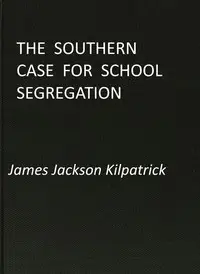
The Southern Case for School Segregation
By James Jackson Kilpatrick
"The Southern Case for School Segregation" by James Jackson Kilpatrick is an extended personal essay written in the early 1960s. The work serves as a ...
James Jackson Kilpatrick was an American newspaper journalist, columnist, author, writer and grammarian. During the 1950s and early 1960s he was editor of The Richmond News Leader in Richmond, Virginia and encouraged the Massive Resistance strategy to oppose the U.S. Supreme Court's decisions in the Brown v. Board of Education ruling which outlawed racial segregation in public schools. For three decades beginning in the mid-1960s, Kilpatrick wrote a nationally syndicated column "A Conservative View", and sparred for years with liberals Nicholas von Hoffman and later Shana Alexander on the television news program 60 Minutes.


